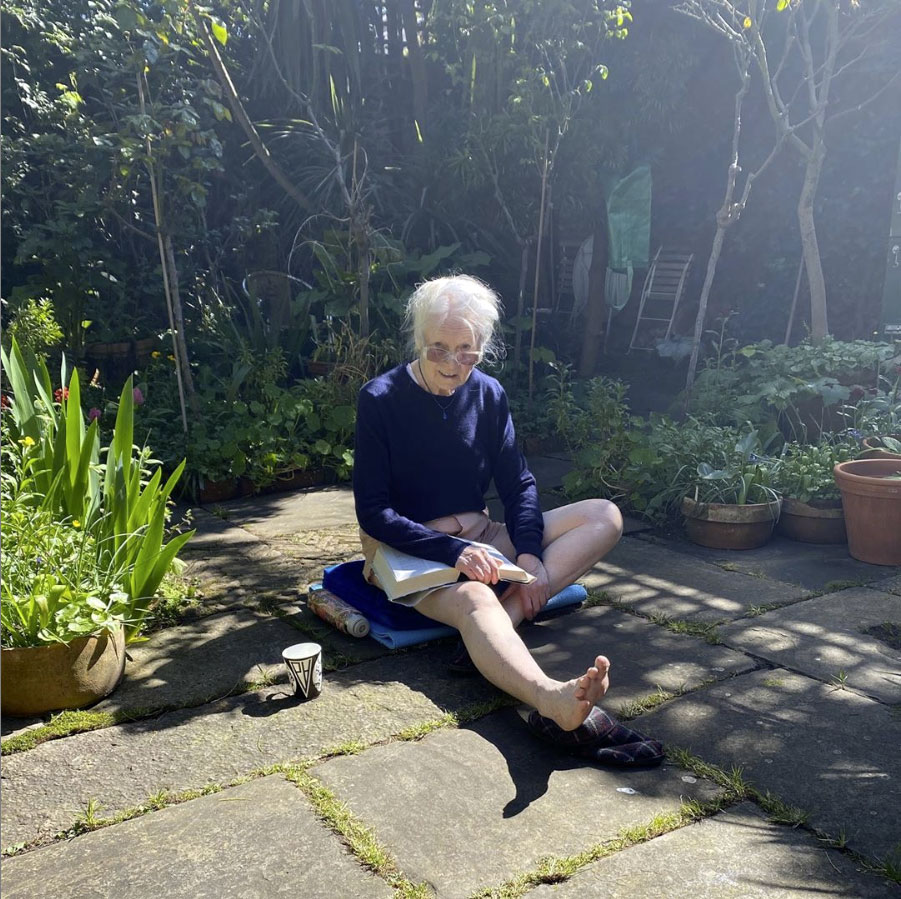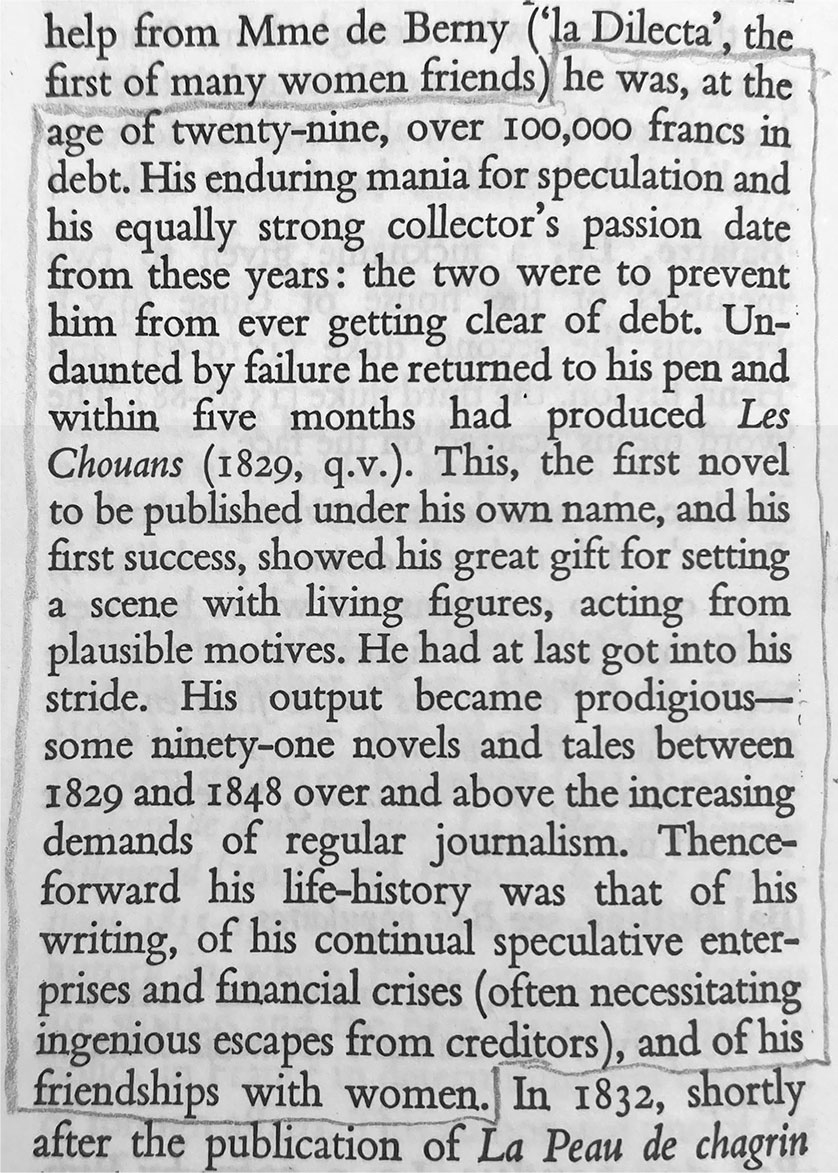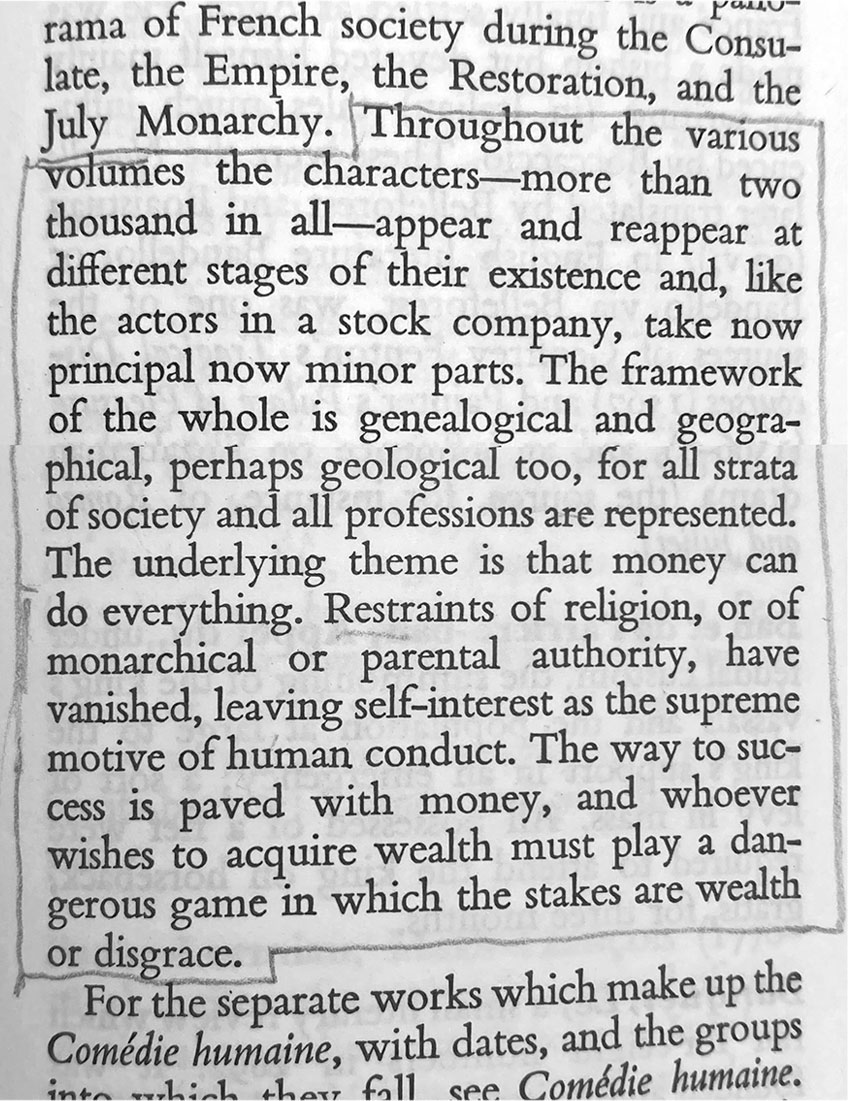Vivienne’s Diary 22.04.20
I begin the diary with my walk across the road to Clapham Common, it would have been nice to post a letter in the box outside my house, but I don’t have a stamp. Cora, my Granddaughter, wrote me a beautiful letter telling me how much she missed me and that she was fully engaged with me via my manifesto, and how much she appreciated my communication – I know it’s the best thing I can do for somebody I love deeply and I’m delighted that she is supporting me by passing my message onto her friends. She asked me what books she should be reading so I’m going to reply to her via my diary.
Cora, you should start with 19th Century novels. I define the literary ethos of the 19th Century sometime after the reign of Napoleon, around 1830 up to WW1. Going back, the evolution of the novel began before printing at a time when Kings and Queens and rich people lived in castles and palaces, and books were expensive. Heroic stories of romance and chivalry. These were read aloud to ladies whilst they were sitting around doing their embroidery, it was also the age of minstrels and troubadours who sang stories at banquets.
Printing coincided with the spread of education – the two went together – learning to read. After the French revolution the middle classes took over and ‘the novel’ was aimed at them, we call this Ethos romanticism. They had a passion for orientalism, the gothic, and nature worship – it was a morbid sensitivity. They demonstrated their finer feelings in sentimental sympathy for the poor. Victor Hugo’s ‘Les Misérables’ is part of this (which I’ve never read, I left my village school when I was 10 and my best-friend Norma had just finished reading it and I didn’t have the chance. The reason we had ignored it was because we didn’t like the title. She said, “The book is really great, but they don’t ever mention this bloke called Les Misérables!”). Victor Hugo’s great. Mary Shelley’s ‘Frankenstein’ came out of this period as well.
The sentimental trait continued all the way through the 19th Century and lasted up to the present day through the cooing over everything twee and escapism in videogames of war and science fiction. Oscar Wilde when he lectured on his American tour, said, ‘if one had the money to go to America, one wouldn’t go’, and whilst visiting the Niagara Falls a companion exclaimed, ‘How wonderful!’ to which he replied, ‘The wonder would be if it didn’t fall.’
The 19th Century passion for education coincided with industrialism and universal male suffrage. Generally speaking, it deals with the rise of the middle class. They believe education 4 the working class would increase efficiency. And the workers wanted upward mobility + equality. It’s about unfair distribution of wealth, + potential cut short because of inequality + how people’s character responds to circumstance. By the time we get to Émile Zola, your birth and background and your economic circumstances amount to a forensic determinism: what you’re born with is what you get.
These 2 extracts R from the ‘The Oxford Companion to French Literature’. Balzac grouped his work into a pattern representing people from all walks of life in the society of his time: The Human Situation
Honoré de Balzac, 1799 – 1850. One of the great novelists of all literature. He wrote more than a 1000 novels plus journalism, he was always speculating, always in debt, he sent his proofs in such a raw state that they had to be redone over and over and his printing costs amounted to far more than he earned from his collective work. He died aged 51 probably overdosed on coffee owing what would be millions today.
Cora, I recommend beginning with Thomas Hardy. I read, ‘Tess of the d’Urbervilles’, ‘The Return of the Native’, ‘Jude the Obscure’. I read them when I was your age. Hardy was born in Dorchester and he called the surrounding area ‘Wessex’ which is the old name for the land of the West Saxons. The local heath he named Egdon heath. His characters are woven into a arcadian background. I was born in the country and the land of his fiction is my land, this is my romantic idea of where I was born.
It’s easy to read, you care so much about these characters who belong to the earth and the seasons and their goodness and trust in others which makes them weak and seals their fate. Very dramatic but it’s love that carries you along, with them to the end. ‘Jude the Obscure’ was the last of Hardy’s novels, the horror of his own creation turned Hardy away from novel-writing to poetry. He then wrote a massive epic poem about the life of Napoleon with every detail which is supposed to be great – it’s called ‘The Dynasts’.
It’s so important to read, novels have got a beginning, a middle and an end, cause and effect. One thing leads to another. You’ll never understand human nature by simply browsing the internet.
The novels from this period which I have read:
-
Honoré de Balzac ~ Père Goriot (I would choose another one of Balzac’s books because I lost interest in the hero. It seems like King Lear, 3 horrible daughters and a too indulgent Father.)
-
Jane Austen ~ Sense and Sensibility and Northanger Abbey (I wouldn’t read these either because even though they’re really clever, full of insight and character, in the end they’re a bit of a cop-out because they end up about how to marry the local squire or Parson.)
-
Charlotte Brontë ~ Jane Ayre (who also marries the local squire but read it, it’s a great classic.) – and her sister: Emily Brontë ~ Wuthering Heights. It’s the greatest late-romantic novel in all literature. I fell in love with Heathcliff in the first film made with Lawrence Olivier and Merle Oberon.
-
George Elliot ~ The Mill on the Floss
-
Dickens ~ David Copperfield, Tale of Two Cities, Great Expectations – I loved Miss Havisham and Magwitch. I also read Little Dorrit and The Old Curiosity Shop (these novels were first published in serial form in newspapers and the public were pleading with Dickens ‘don’t let little Nell die.’) And Oliver Twist!
-
Thackeray ~ Vanity Fair
-
Flaubert ~ Madame Bovary. The most iconic of this genre. He said, ‘Madame Bovary, c’est moi’.
-
Victor Hugo ~ Toilers of the Sea (I would love to read ‘Notre Dame de Paris’ / The Hunchback of Notre Dame. How amazing that there are still people who know how to rebuild it how it was first built, they need thousands of oak trees. There is a great film which I didn’t see with Anthony Quinn as Quasimodo.)
-
Ending with one of my favourite books of all time, Anatole France ~ Les Dieux Ont Soif / ‘The Gods Will Have Blood’. It’s just so profound. But check-up a little on the history of the French revolution before you read it.
-
Finally, Dostoevsky ~ ‘The Brothers Karamazov’ – the greatest novel I’ve ever read, everything is in that book. I’ll do a review of it one day, but in order to really get it, you have to have read lots of other books, else you won’t realise how profound it is. I read Dostoevsky when I was a teenager, ‘Crime and Punishment’ but I didn’t like it because I was not a fit reader, I had not read enough.
-
Acknowledged to be the greatest novel of all time: Proust which is the swan song of the 19th I read the first of it in a long stint, only read the half. I tried to continue but it’s too great to read in bits and bobs, you have to give it your full respect. I need to get back to it. You get out what you put in.







Thanks for the book list Vivienne! I just finished reading volume four of In Search of Lost Time. I have not read the rest yet. It takes time!
Best,
Jeffrey
Comment by Jeffrey Jordan on 23/04/2020 at 2:09 pm